How is it that domestic horses are predisposed to club feet and why can't people fix them Club feet form in a couple of different ways, the most common being the grazing foot This is where a foal at age 8 weeks starts to put one foot forward and one foot back to graze and within weeks the horse has a short musculature on one side and a high heel3 wide hornlaminar zone (HL) of uniform thickness (22 mm) 4 thick hoof wall The wider HL zone in mature mustangs relative to light domestic breeds (15/15 mm) isAny club foot that has been around a while will have a sensitive, unused, underdeveloped frog/digital cushion You can fix everything else and still have the back of the foot too sensitive for the horse to land on, which will cause the shortened stride and resulting club foot on its own – another vicious cycle
Healthy Hoof Solutions For Barefoot Performance
Club foot horses images
Club foot horses images- This club foot, as seen in photo 2, has very straight medial and lateral walls, versus only medial or lateral Look closely at photo 3 and you can see hoof growth at the heel is approximately twice as much as the toe growth There is separation of the wall from widest area medial to widest area lateral shown in photo 4Club foot horses images A club foot can have significant repercussions on a horse's performance success and athletic longevity Prompt recognition and diligent farrier care allow the horse with a flexural deformity to Symptoms of Club Foot in Horses Lameness Pain Excess toe wear Shortening of the tendon that is attached to the coffin bone



Q Tbn And9gcs2oggpa6jreryhhc7ck2 Ku8 Ihwk7if7yin9ul49gr7lvzblr Usqp Cau
Club Foot This is a pacer with a right front foot that is clubfooted It has a high degree of hoof wall to postern axis angle of approximately 60 degrees I believe this was congenital rather than injury related He was shod with a wide web, set back shoe Trimming and shoe placement was the key to longterm soundness for this horseOf club foot A horse with club foot has one hoof that grows more upright than the other The "up" foot is accompanied by a broken forward pastern, that is, the hoof is steeper than the pastern (Photo 1) In a normal foot, the hoof capsule and the pastern align Radiographs willThe brutal truth is NO a club foot can't be fixed, ask for a video of the horse working, ask for closeup photos of the hooves, ask for photos of the soles as well, and ask on internet forums for any information on other progeny A club foot is a DEFORMITY and for any horse to win at top level competition it needs every possible
Horses suffering from an abscess will often be suddenly and severely lame, and some horses may have lameness that seems to "come and go" How to treat it Some vets and farriers prefer to drain the abscess through the sole of the hoof, but every abscess (and every horse) is unique, so it's best to involve your vet and farrier immediatelyHowever this foot type can also be affected with chronic heel pain Since the club foot overloads the toe and bone column, arthritis, sidebone, pedal osteitis of the apex of the P3, navicular bone sclerosis, osteoarthritis, and contracted heels are commonThe foot abduction brace is used only after the clubfoot has been completely corrected by manipulation, serial casting, and possibly a heel cord tenotomy The foot abduction brace, which is the only successful method of preventing a relapse, when used consistently as described is effective in > 95% of the patients
Stay uptodate on the latest news about your horse's health with FREE newsletters from TheHorsecom Topics include Nutrition, Soundness & Lameness, Equine Behavior, Farm & Barn, Older Horse CareThat's a completely different foot inside even though it has the same hoof angleEquine Club Foot The equine club foot is defined as a hoof angle greater than 60 degrees What we see externally as the equine clubbed foot is actually caused by a flexural deformity of the distal interphalangeal joint (coffin joint) Causes include nutritional issues, heredity, position in the uterus or
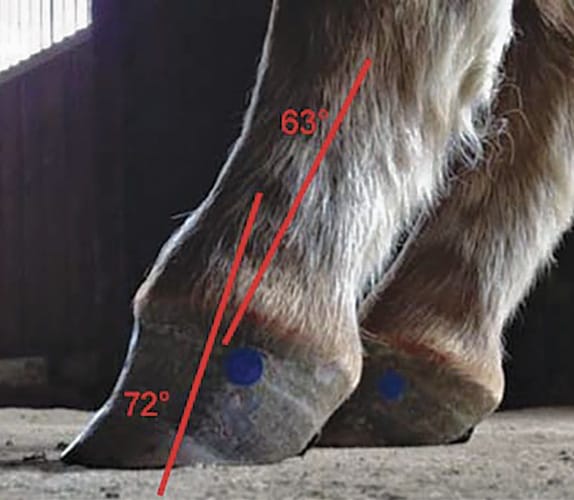



Defining And Fixing A Horse S Club Foot American Farriers Journal




28 Club Foot Ideas Club Foot Horse Health Horse Care
A club foot can have significant repercussions on a horse's performance success and athletic longevity Prompt recognition and diligent farrier care allow the horseThere are four grades of club foot Grades 1 to 4 as follows Grade 1 – Only note a difference in the hoof angles that returns with each trim Grade 2 – Greater difference in hoof angles, growth rings begin to change There is an air gap (space between the bottom of the heel and the ground bearing surface heel does not fully weight bear/load on the ground Club Foot Conformation in Horses Caused by abnormal contraction of the deep digital flexor tendon, a club foot puts pressure on the coffin joint and initiates a change in a hoof's biomechanics Telltale signs of a club foot may include an excessively steep hoof angle, a distended coronary band, growth rings that are wider at the heels




Club Foot Just How Sore Is Your Horse Youtube



Would You Buy A Horse With Club Foot Pics The Horse Forum
The frog takes up about 2/3 the hoof's length, and over half the space across the back Contracted heels are usually defined by a narrowing of the hoof's entire back area so that it appears longer than wider The heels appear to be pinched towards each other and the heel bulbs and frog get compressed In some cases, the heels actually curve The contracted muscle/club foot condition is a common growth problem in young horses (up to 6 months of age), causing upright pasterns and a tiptoe stance This is often seen in foals with developmental problems due to rapid growth If discovered soon enough, this condition can be reversed by altering the foal's diet and reducing stress onThis is the first of many pages displaying horse hoof anatomy pictures My goal is to begin with the basic external parts of the hoof and progress to the internal workings of the foot I want to help you visualize everything in the horse's hoof, understand the relationship between the parts and learn to read the clues the hooves have to offer
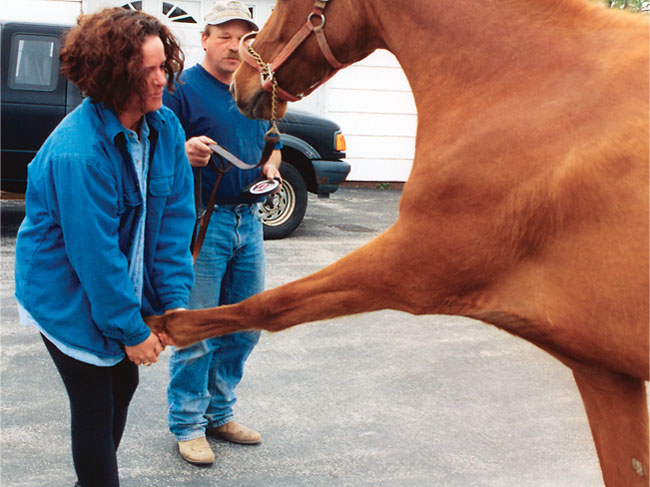



Frequent Trips Aid Club Foot American Farriers Journal
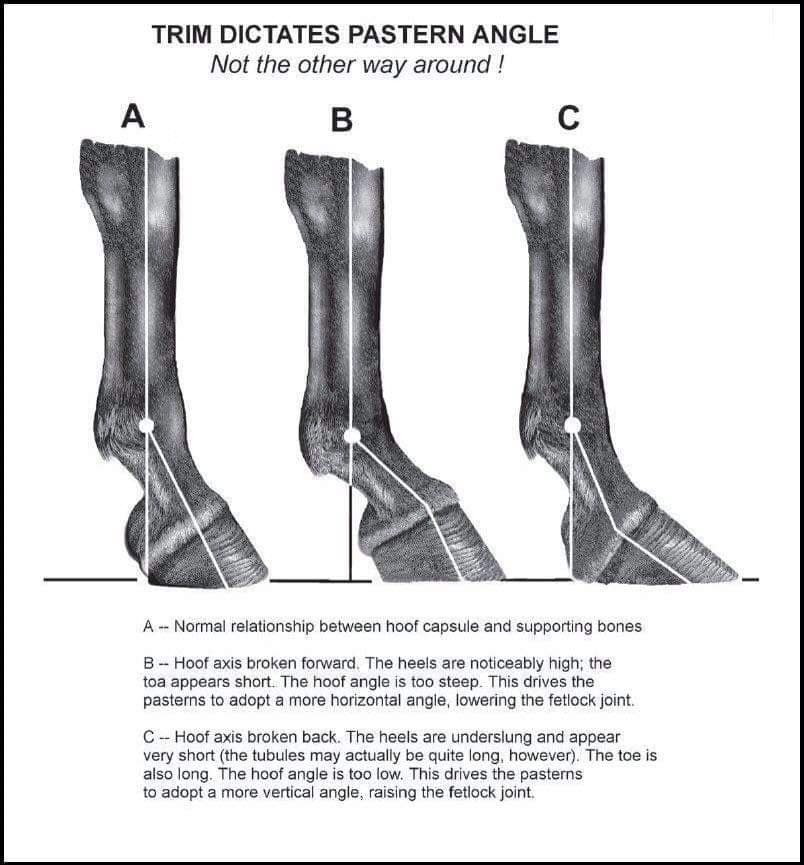



What Your Horse S Hoof Angle May Be Telling You Horses
Explore Kayla Reynolds's board "Club Foot" on See more ideas about club foot, horse health, horse care Club foot is one of the most common deformities in the horse world Horses affected with club foot develop a flexural deformity of the coffin joint, due to a shortening of the musculotendinous unit that starts high up in the limb and inserts on the coffin bone in the foot, resulting in an upright conformation of the foot Club foot can develop in mature horses, too, for similar reasonsany injury or chronic pain that causes a horse to consistently favor one foot can lead to contracting and shortening of the muscles and tendons (specifically the deep digital flexor tendon and muscle apparatus) in that leg, eventually pulling the foot into a more upright position




Hoof Conformation Vs Horse Conformation Scoot Boots Us Retail



Clubfoot 5 Yo Morgan Mare Barefoot Hoofcare
Contracted heels in horses sometimes are mistakenly called club foot These are in fact two different conditions but have a lot in common and the result is similar Cases of contracted heel can be primary or secondary In primary cases, contracted heel is a result of unbalanced feet or overgrown hoofs Club foot 1 CLUB FOOT Presented By Sushant 2 INTRODUCTION Talipes Latin talus (ankle) pes (foot) Equino indicates the heel is elevated (like a horse's) varus indicates it is turned inward It is a congenital malformation of the lower extremity that affects the lower leg, ankle, and foot Club foot, also called congenital talipes equinovarus (CTEV), isThe club foot is recognized as having strong heel structures and plenty of heel mass;




Recognizing And Managing The Club Foot In Horses Horse Journals




Recognizing And Managing The Club Foot In Horses Horse Journals
Club Feet With the Club Foot, one foot is steeper than the other It wants to, needs to, etc but it is not a hoof problem The horse is adapting to something else Go on a detective mission There is/was an injury, nerve damage, or opposite hind stifle problem as examples Massage folks can really help the club foot horseRedden RF Radiographic imaging of the equine foot, Vet Clin North Am Equine Pract 03, 19 Weller R Radiography and radiology of the equine foot, in Proceedings 50th British Equine Veterinary Assn Congress 11, 50 29 Turner TA, Kneller SK, Badertscher RR, et al Radiographic changes in the navicular bone of normal horsesSoCalled Club Foot in Horses by James R Rooney, DMV Published in the October 1999 Issue of Anvil Magazine Fig 1 Drawings by Lungwitz (1910) Socalled "clubfoot" has long been a vexing problem for horsemen, veterinarians, and farriers The term clubfoot is a misnomer for the condition in the horse and correctly refers only to a
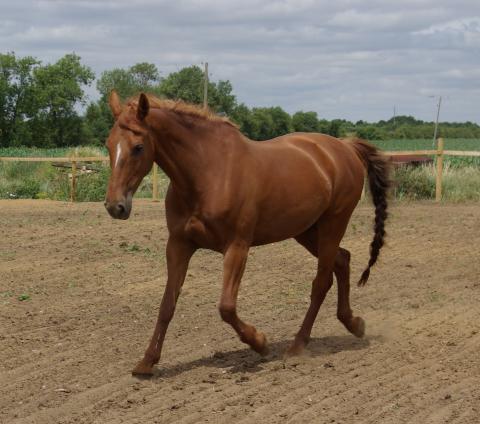



Club Footed With Boots Easycare Hoof Boot News




Recognizing And Managing The Club Foot In Horses Horse Journals
Club foot refers to a tendon flaw that causes the hoof to be very upright Often, club foot affects both front legs with one being more severe than the other Club foot can occur before or after birth in foals After birth foals acquire club feet when the bones grow faster than the tendons Treatment varies with the age of the horse and Club feet are surprisingly common, with up to 60% of the domestic horse population exhibiting at least minor characteristics Several theories address the potential causes, ranging from a genetic predisposition, to hoof or body injury, to improper trimming and/or shoeingThe radiograph illustrates some of the unique characteristics of the internal anatomy of a mustang hoof 1 groundparallel coffin bone (palmar angle (PA) ~ 0° on loading) 2 short hoof capsule with good sole depth (1114 mm);




Recognizing And Managing The Club Foot In Horses Horse Journals




Recognizing And Managing The Club Foot In Horses Horse Journals
When, instead, the more upright foot appears to be the "problem foot," people tend to call it a "club foot" While routine, competent trimming is important to horses with mismatched hooves, it is important to also understand that if the solution was simply trimming the feet to match each other, these conditions would not existThe front legs bear about 60 percent of the weight of a horse Healthy horses stand at rest with weight equally distributed on both front legs Lameness in the foot or leg will cause "pointing" Pointing refers to a state of rest with one foot positioned about 10 to 12 inches ahead of the other in an effort to reduce weight on the affected side Young horses may develop a clubfoot in response to pain in the shoulder or elbow caused by osteochondritis dissecans (OCD) lesions, a




Club Foot Just How Sore Is Your Horse Casey Son Horseshoeing School
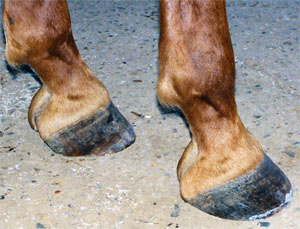



Frequent Trips Aid Club Foot American Farriers Journal
For nearly 2,000 years, it was held that a highheel foot was the ideal It was believed the frog should not come into contact with hard ground In 1754, ÉtienneGuillaume LaFosse declared that the hoof should be at a low angle with the frog fully engaged Despite many complaints of lame horses 4 Schedule regular farrier visits according to your horse's individual needs Although six to eight weeks is the average, there's really no standard interval for trimming and shoeing If your farrier is correcting for a problem such as underrun heels, a club foot, or flare in the hoof wall, your horse may benefit from a shorter intervalEffects on saddle fit (19 pictures) Chapter 24 Club Foot Pete Ramey Identification and treatment of the club foot Discussion of early trimming of foals, grazing stance and various injuries that can lead to club feet Case studies of young vs mature horses (12 pictures) Chapter 25 Angular Deformities Pete Ramey



2



Q Tbn And9gcs2oggpa6jreryhhc7ck2 Ku8 Ihwk7if7yin9ul49gr7lvzblr Usqp Cau
Pain can arise from physitis, osteochondrosis, degenerative joint disease, pedal bone fracture, or softtissue wounds and infection Pain induces reflex muscle contraction with shortening of the flexor musculotendinous units The horse walks on its toes or knuckles in the fetlocks or occasionally the pastern jointVeteran horse shoer Thomas Breningstall says in comparing horses with clubfeet to normal horses, he has found that every clubfooted horse has a weak shoulder on the side of the club foot, making the leg shorter Recognizing this problem, Breningstall offers six tips for correcting clubfeet If a horse puts more weight on the inside of a hoof, the blood is pushed to the opposite side of the foot causing faster growth and wearing down the weighted surface at a faster rate With respect to the club foot, the heel of the affected foot grows faster and the hoof more upright in appearance due to most of the horse's weight being placed




Club Foot What Does The Future Hold For Your Foal H H Vip Horse Hound
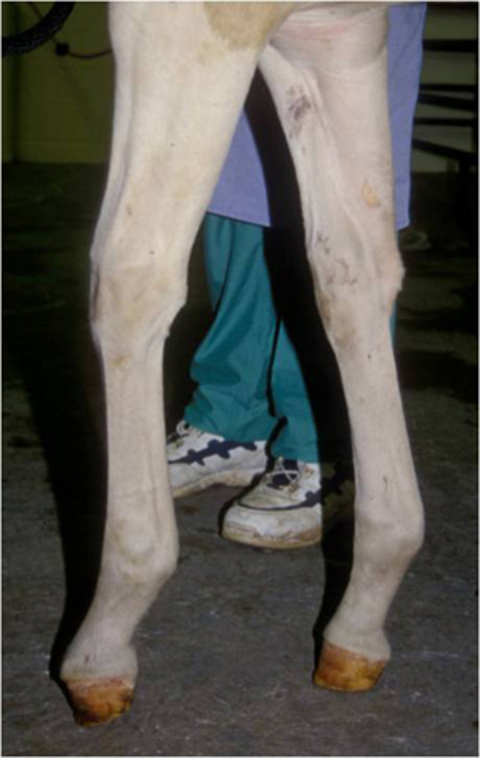



Club Feet In Foals
The xray will show whether the hoof pastern axis is parallel If the axis is broken forward (club foot) or if the axis is broken back (long toe underrun heel), the radiograph will reveal the degree of deformity and the best way to trim the foot to improve it Using landmarks, measurements can be drawn on the radiographs and transferred to the Casting for Club Foot Using the Ponseti method, the clubfoot is manipulated or stretched every five to seven days and the plaster casts are changedThis baby is on one of his last treatments for his clubfeet and will then wear a brace for a few years An alternative to serial casting is a specialized physical therapy treatment program, in which your child undergoes daily First, let's look at a horse who has a near perfect angles (Photo 1) This horse's hoof angle is very close to 50 degrees;



Q Tbn And9gcqknwobg18jaqxamxv4ezg Ufqsch0z Fbz2zgnc1asjo9 Ho32 Usqp Cau




Webinar Shoeing The Club Footed Horse Youtube
This angle is closely followed with a strong pastern that matches the angle of the foot On the other hand, we have a picture of this very same hoof prior to trimming (Photo 2) In Photo 2, we see the horse has a brokenGoogle Images The most comprehensive image search on the webBoth hooves have a 62° hoof angle The first foal's club foot has a slight dish in the front, a high PA of 12°, and a BA of 50° That foot might be a candidate for check ligament desmotomy But the other foal's club foot has a 23° PA and a BA of 60°;
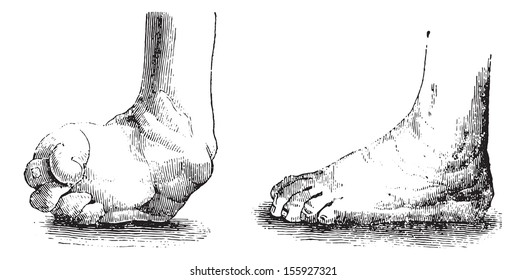



Club Foot High Res Stock Images Shutterstock




Understanding Club Foot The Horse Owner S Resource
Symptoms of Club Foot in Horses Lameness Pain Excess toe wear Shortening of the tendon that is attached to the coffin bone Impacts the standing or movement of your young horse It can affect one or both limbs usually in the fore limbs Coronary band may bulge as the deformity progressesFetlock is a term used for the joint where the cannon bone, the proximal sesamoid bones, and the first phalanx (long pastern bone) meet The pastern is the area between the hoof and the fetlock joint Disorders of the fetlock and pastern include conditions such as fractures, osteoarthritis, osselets, ringbone, sesamoiditis, synovitis, and



Club Foot In Horses Equine Chronicle




Understanding Club Foot The Horse Owner S Resource




How D That Happen Origins And Remedies For Clubfoot Horse Racing News Paulick Report




Ballerina Syndrome Where The Heels Remain Off The Ground Even At The Download Scientific Diagram




Does My Horse Have Pyramidal Hoof Disease The Horse
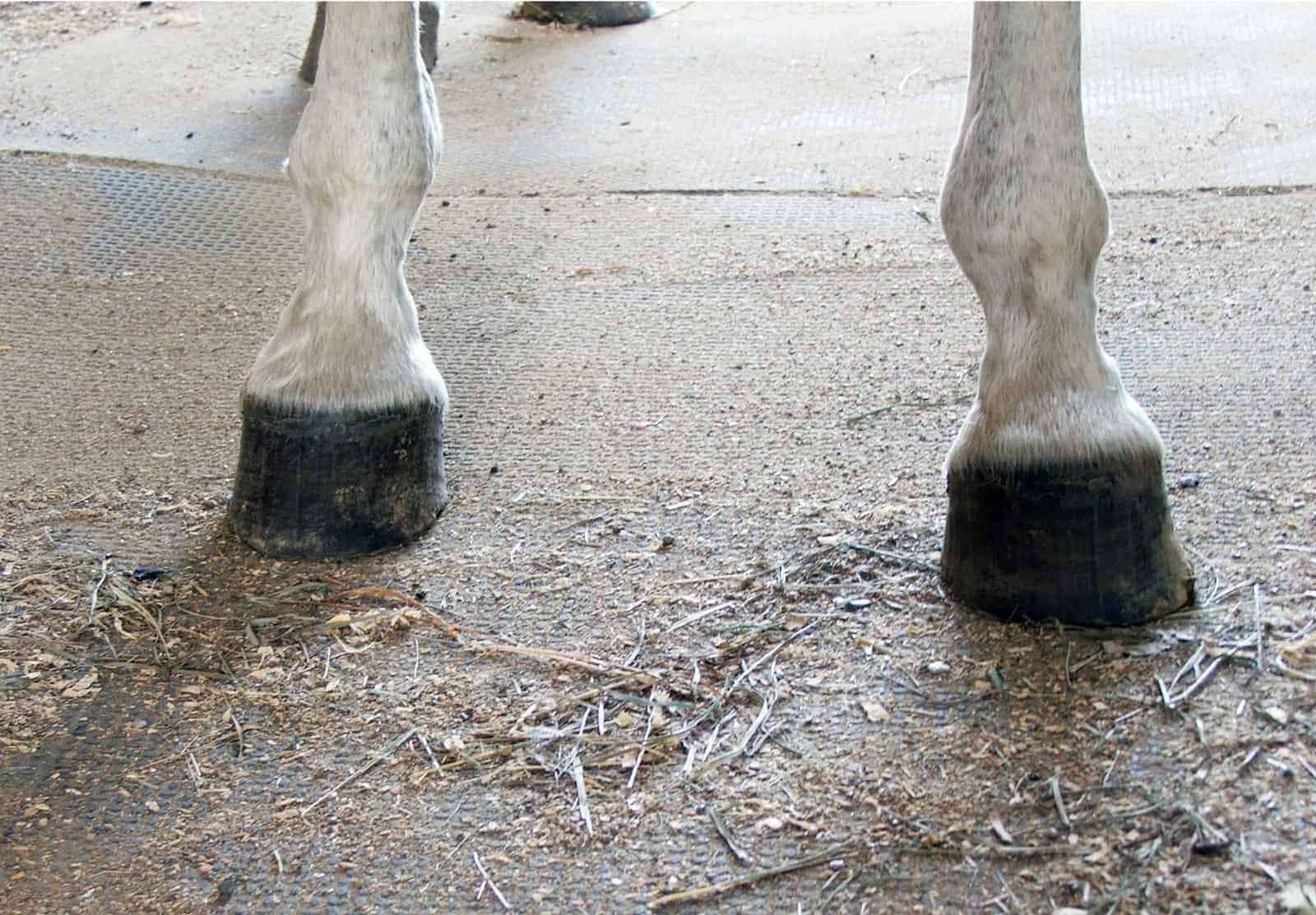



Club Foot Heritability In Horses The Horse
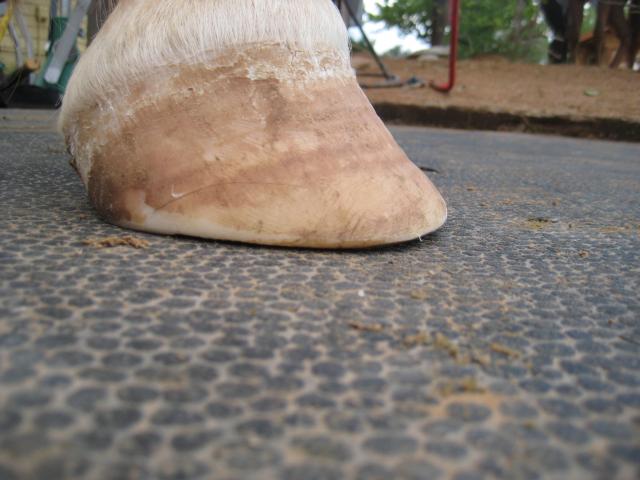



Managing The Club Hoof Easycare Hoof Boot News
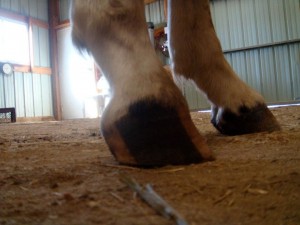



Equine Club Foot
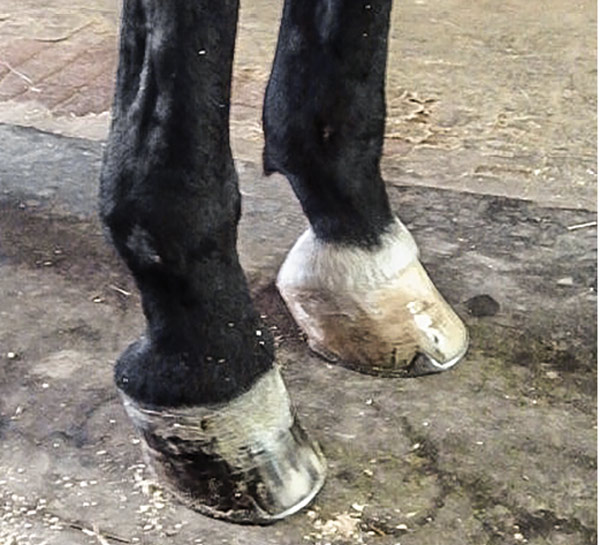



What Advice Has Been Most Helpful When You First Encounter A Club Foot American Farriers Journal




Understanding Club Foot The Horse Owner S Resource
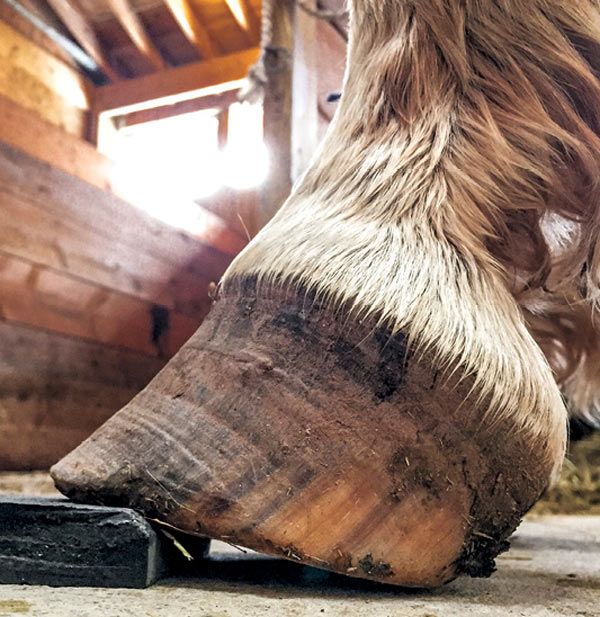



Club Foot Or Upright Foot It S All About The Angles American Farriers Journal




The Club Foot Is It No Big Deal Or A Deal Breaker
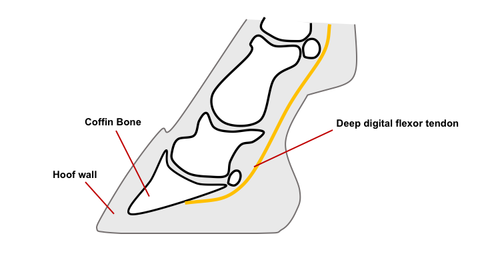



Club Feet In Foals



Club Foot Can It Be Passed On Page 2 Stockyard Horse Discussion Forums



Is This A Club Foot Horsetalk Co Nz




A Club Foot What Does It Mean Horse Hooves Are So Important To Maintain Interesting Information About Hooves And The Possib Horses Horse Anatomy Horse Care
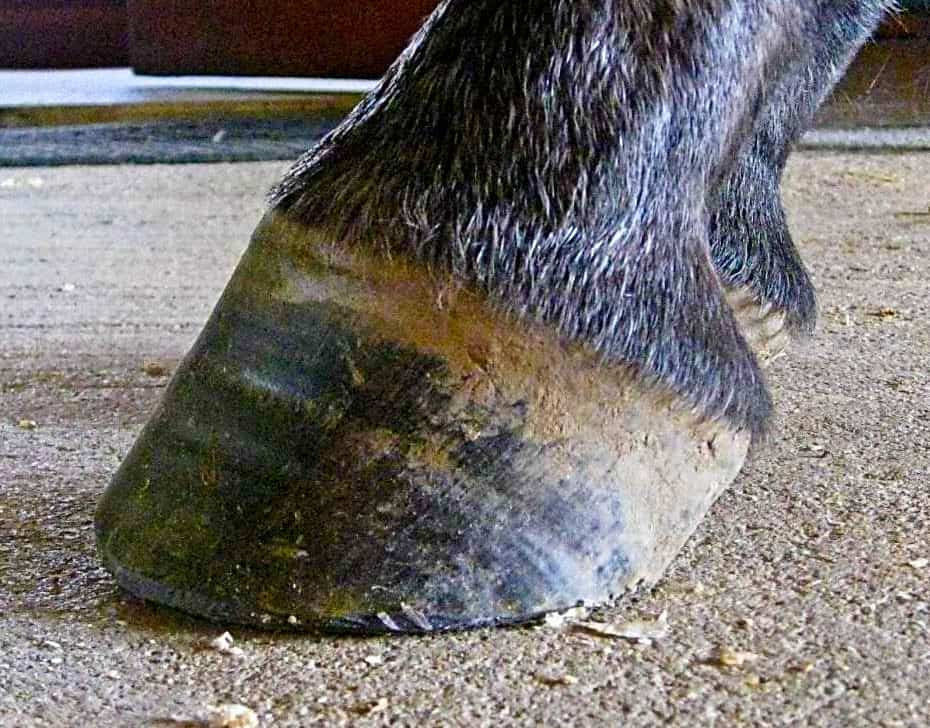



The Tolerable Club Foot The Horse




Understanding Club Foot The Horse Owner S Resource
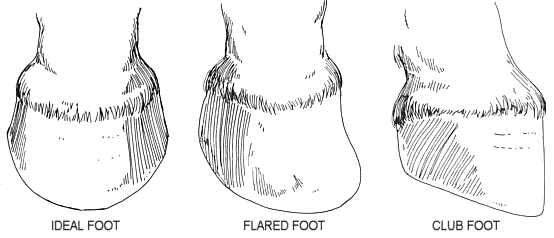



Animal Mrt Effect Of Hoof Distortion On Muscoskeletal Issues
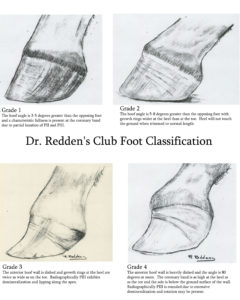



Horse Hoof Irregularities Club Foot Integrity Horse Feed



Is This A Club Foot Horsetalk Co Nz



Q Tbn And9gcqknwobg18jaqxamxv4ezg Ufqsch0z Fbz2zgnc1asjo9 Ho32 Usqp Cau




Recognizing And Managing The Club Foot In Horses Horse Journals
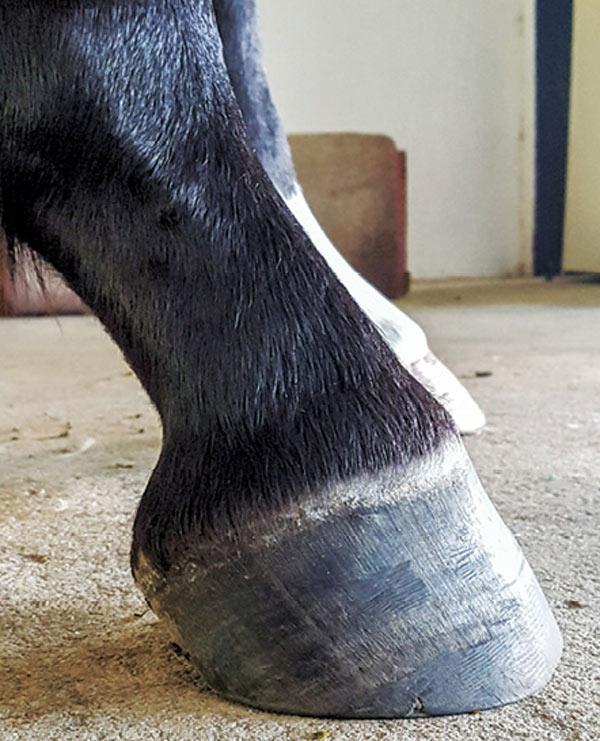



Club Foot Or Upright Foot It S All About The Angles American Farriers Journal




Recognizing And Managing The Club Foot In Horses Horse Journals




Recognizing And Managing The Club Foot In Horses Horse Journals



Club Foot In Horses
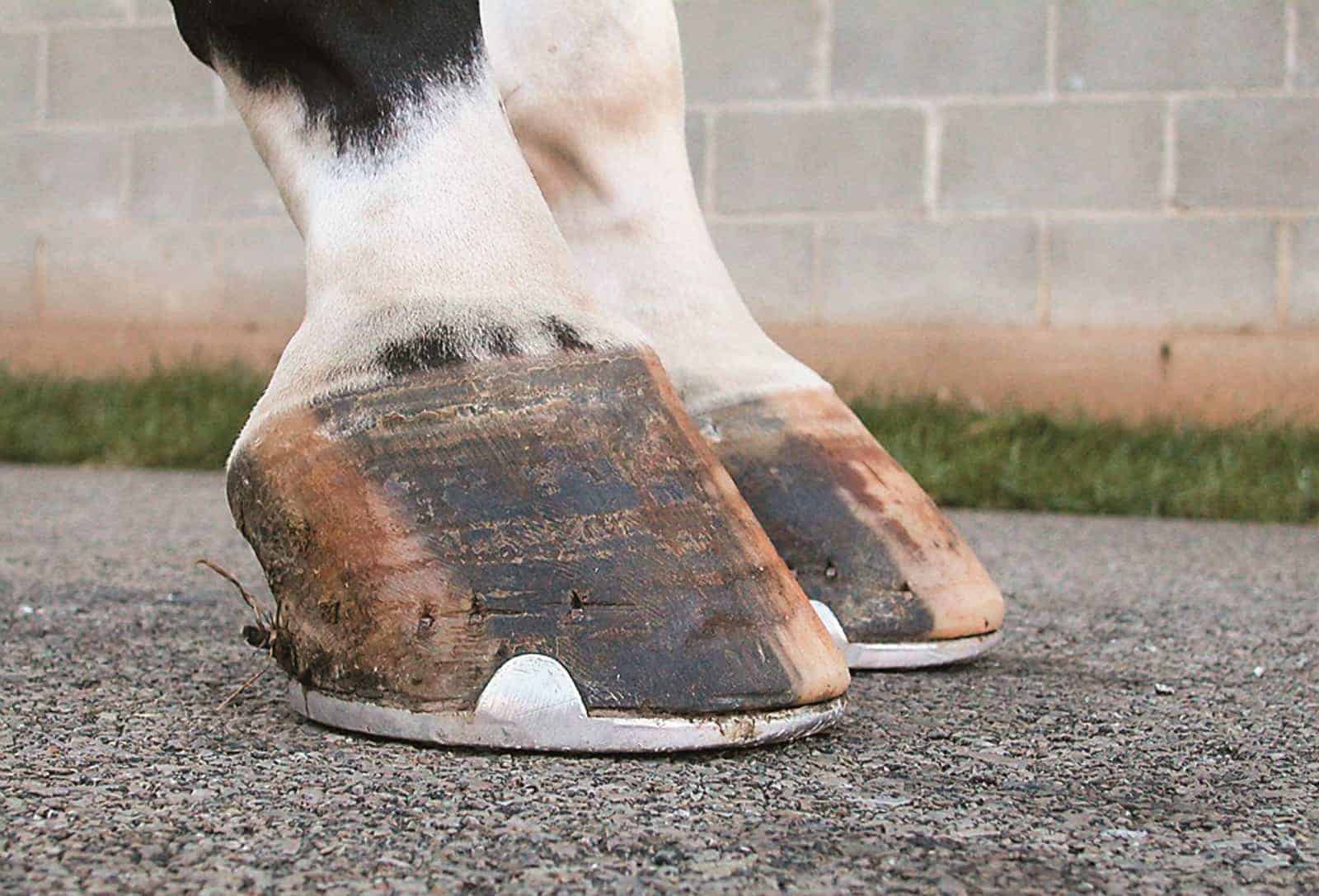



Managing The Club Foot The Horse




Flexural Deformities In Horses Musculoskeletal System Merck Veterinary Manual



Would You Buy A Horse With Club Foot Pics The Horse Forum




Understanding Club Foot The Horse Owner S Resource




Shoeing Principles For Club Feet American Farriers Journal



So Called Club Foot By James R Rooney Dmv
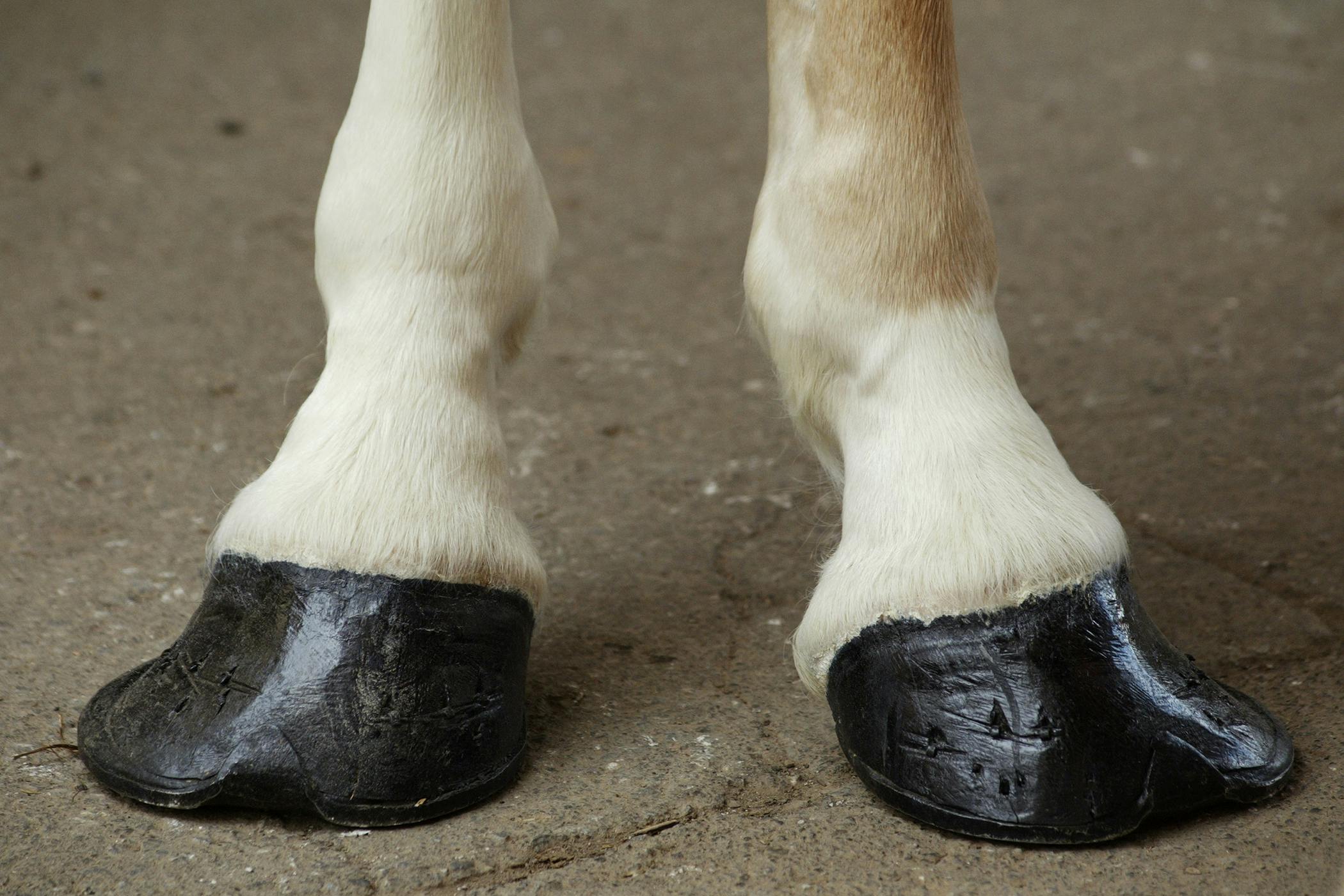



Club Foot In Horses Symptoms Causes Diagnosis Treatment Recovery Management Cost



Would You Buy A Horse With Club Foot Pics The Horse Forum




Shoeing Options For Club Foot In Horses




Recognizing And Managing The Club Foot In Horses Horse Journals




Pdf Management Of Clubfoot In Horses Foals To Adults Semantic Scholar
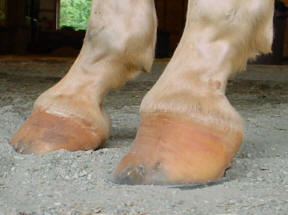



Club Foot
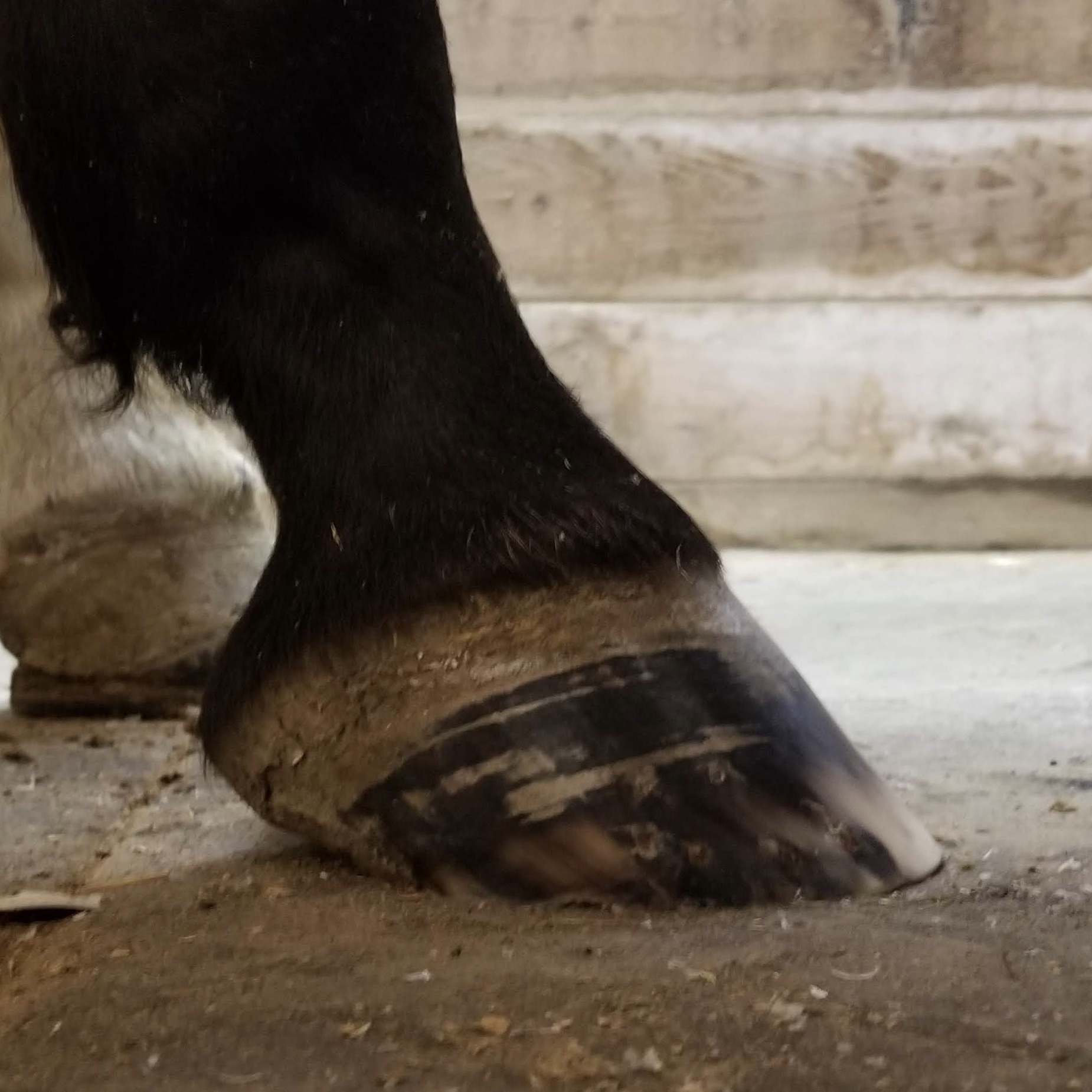



Low Foot Case Study Dixie S Farrier Service
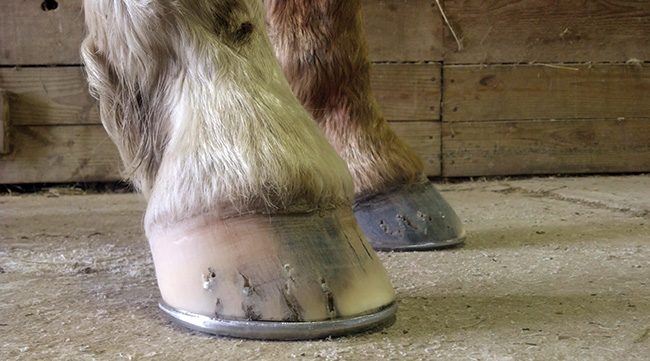



Hoof Care Email Q A American Farriers Journal



Club Foot




Understanding Club Foot The Horse Owner S Resource
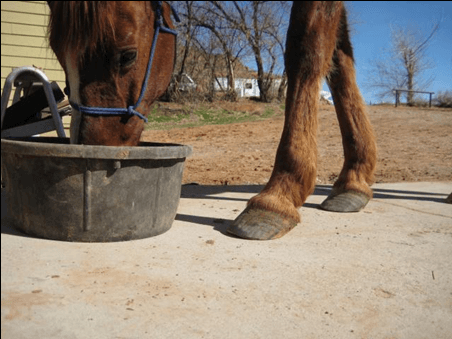



Managing The Club Hoof Easycare Hoof Boot News




News Feed Casey Son Horseshoeing School
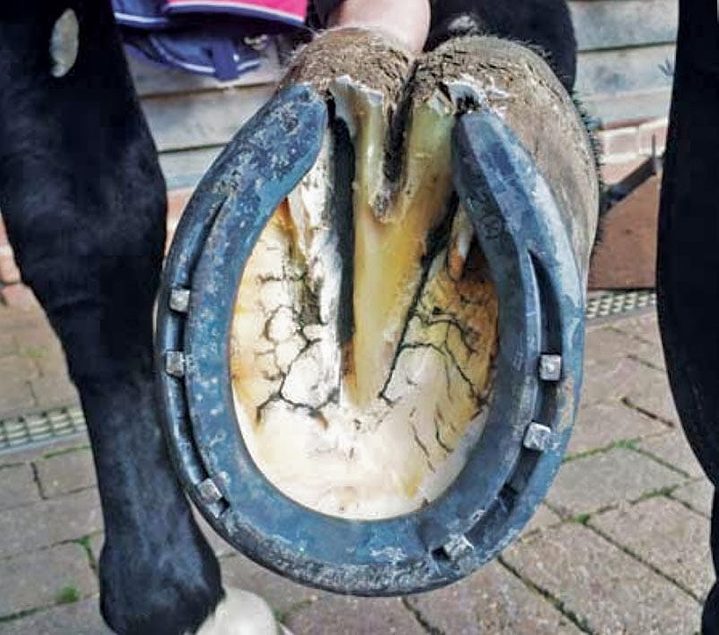



Defining And Fixing A Horse S Club Foot American Farriers Journal



Club Feet The Brutal Truth David Farmilo




15 Equine Clubfoot Ideas Horse Health Equines Horse Care Tips
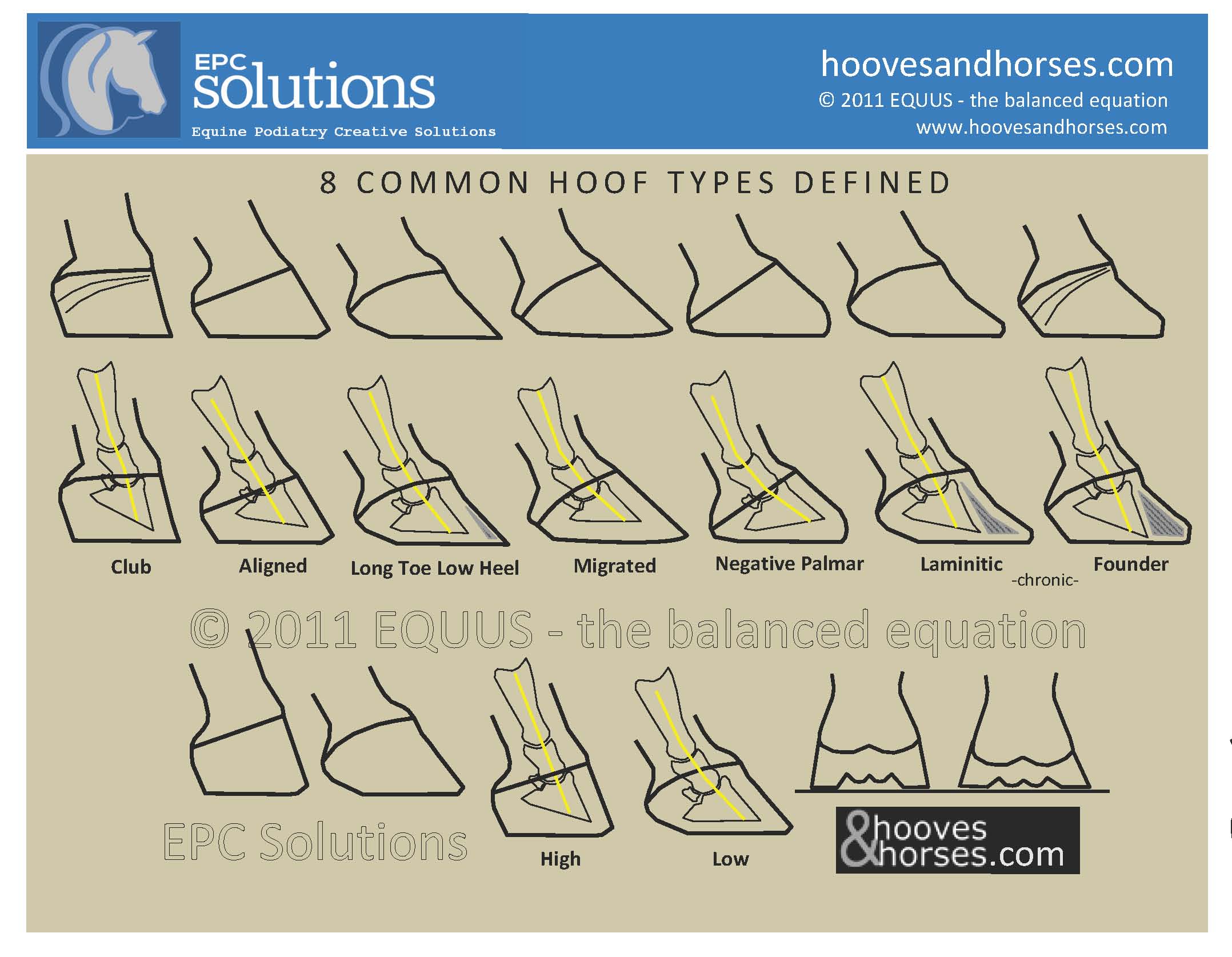



8 Hoof Types Explained




Recognizing Foot Imbalances In Horses Myristol




Club Foot Results In A Vertical Hoof Wall Compared To Other Feet A Dropped Sole And A Dished Front Dorsal Hoof Wall It Res Club Foot Horse Health Hoof Care



Healthy Hoof Solutions For Barefoot Performance



Club Foot In Horses Equine Chronicle




Shoeing Options For Club Foot In Horses
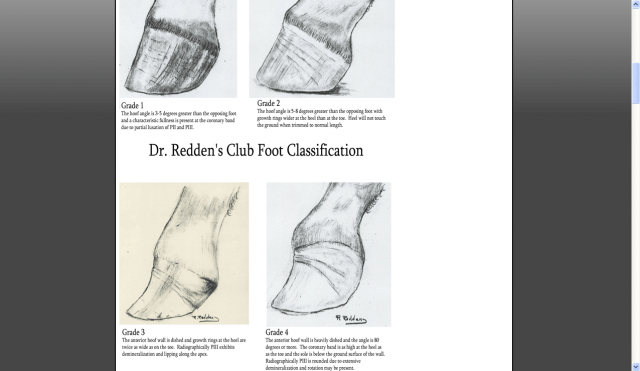



Managing The Club Hoof Easycare Hoof Boot News
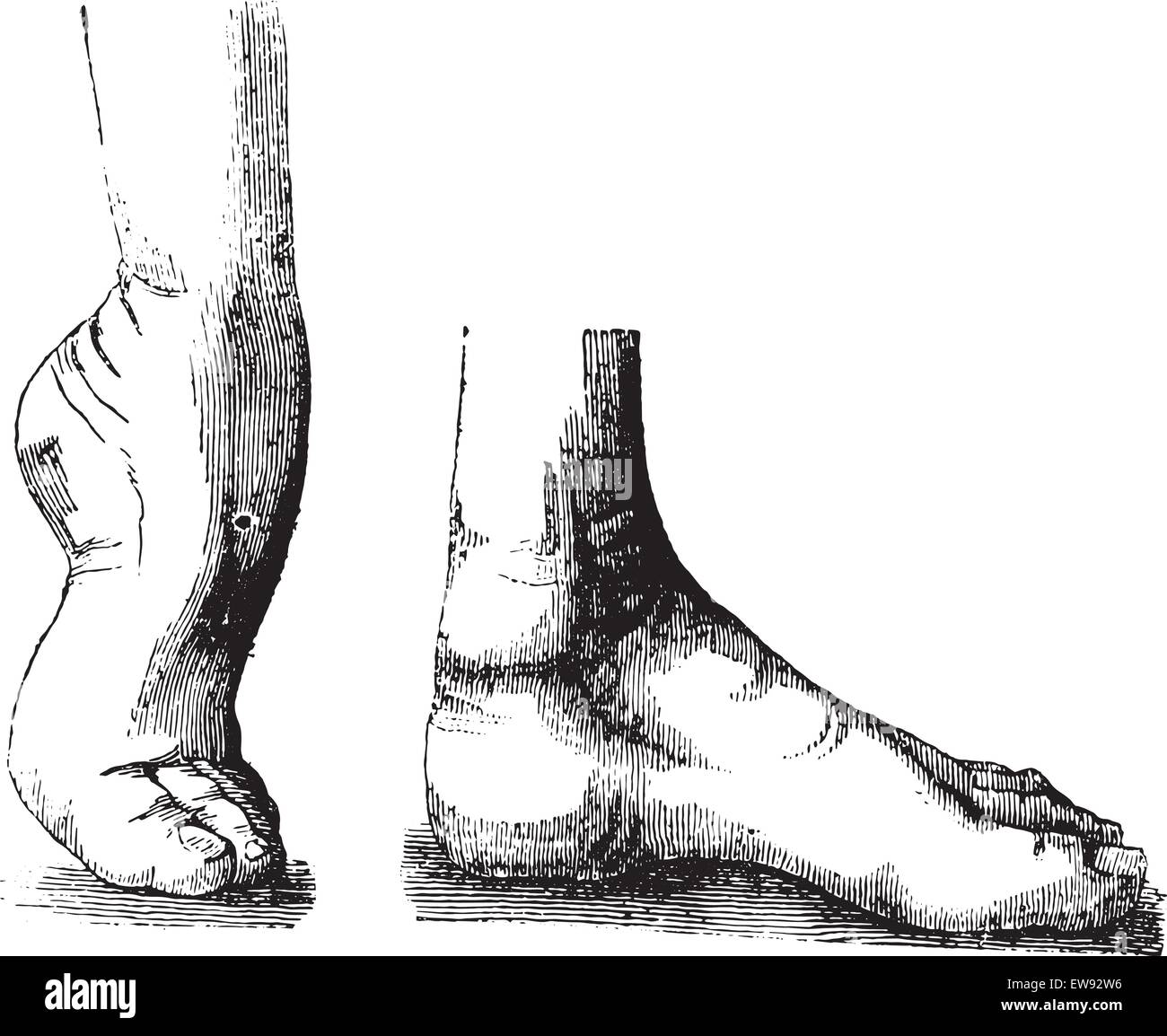



Club Foot High Resolution Stock Photography And Images Alamy




Is This A Club Foot Horsetalk Co Nz




Pdf Management Of Clubfoot In Horses Foals To Adults Semantic Scholar




Recognizing And Managing The Club Foot In Horses Horse Journals
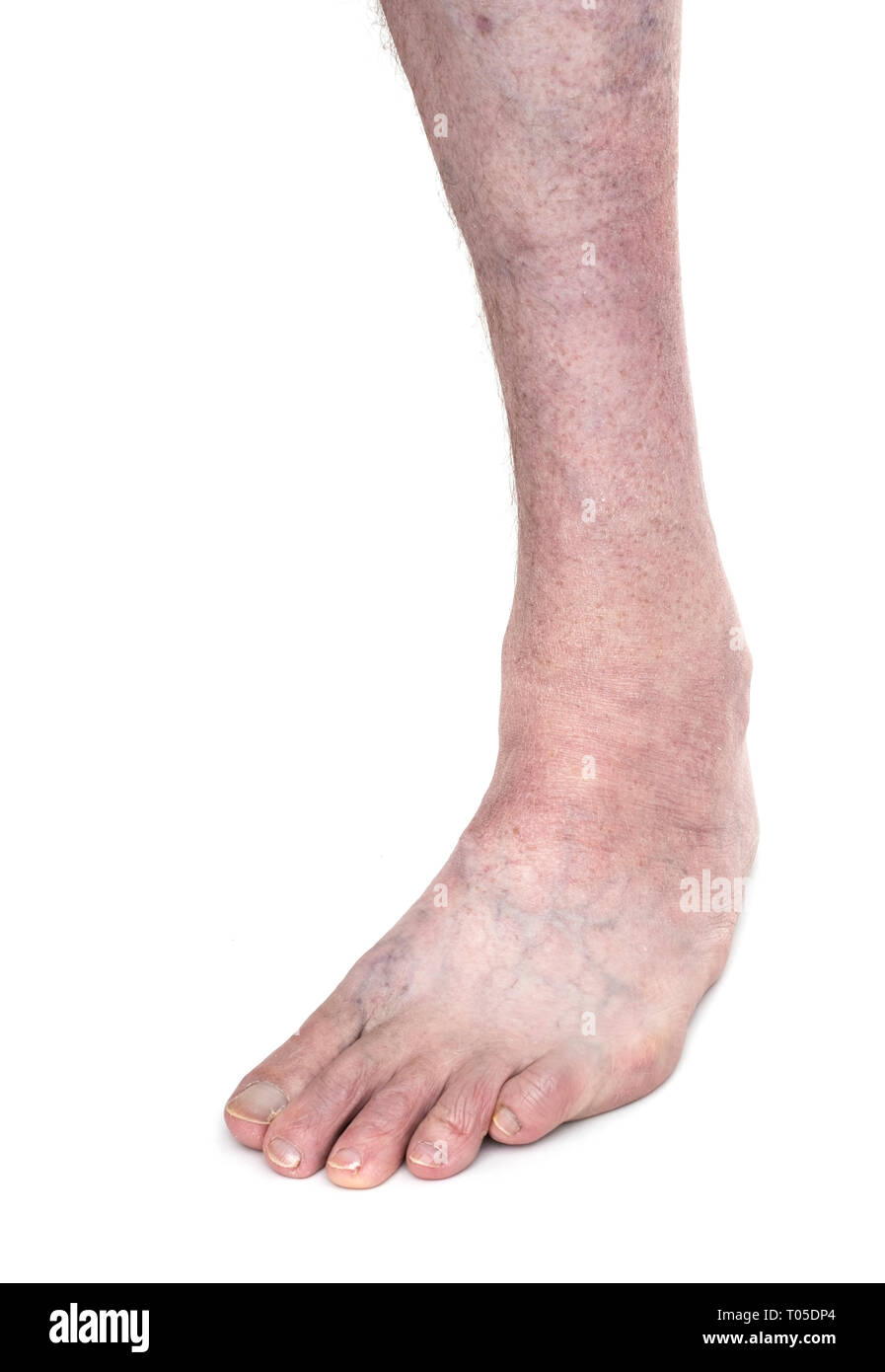



Club Foot High Resolution Stock Photography And Images Alamy




What Your Horse S Hoof Angle May Be Telling You Horses
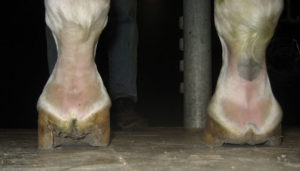



Horse Hoof Irregularities Club Foot Integrity Horse Feed



Club Foot




Equine Club Foot




Recognizing And Managing The Club Foot In Horses Horse Journals



Club Feet The Brutal Truth David Farmilo




Frequent Trips Aid Club Foot American Farriers Journal




Club Foot In Horses Brian S Burks Fox Run Equine Center Facebook




Mobile Equine Diagnostics Inc Posts Facebook
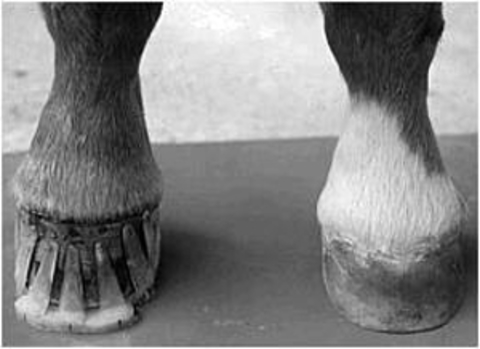



Club Feet In Foals



Club Feet Springhill Equine Veterinary Clinic



Club Feet The Brutal Truth David Farmilo
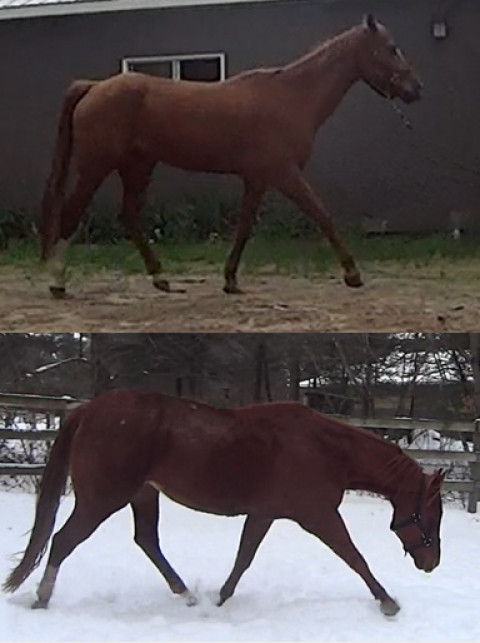



Farrier In Alexandria Ontario




Why Some Horses Develop A Clubbed Foot Holistichorse Com



1
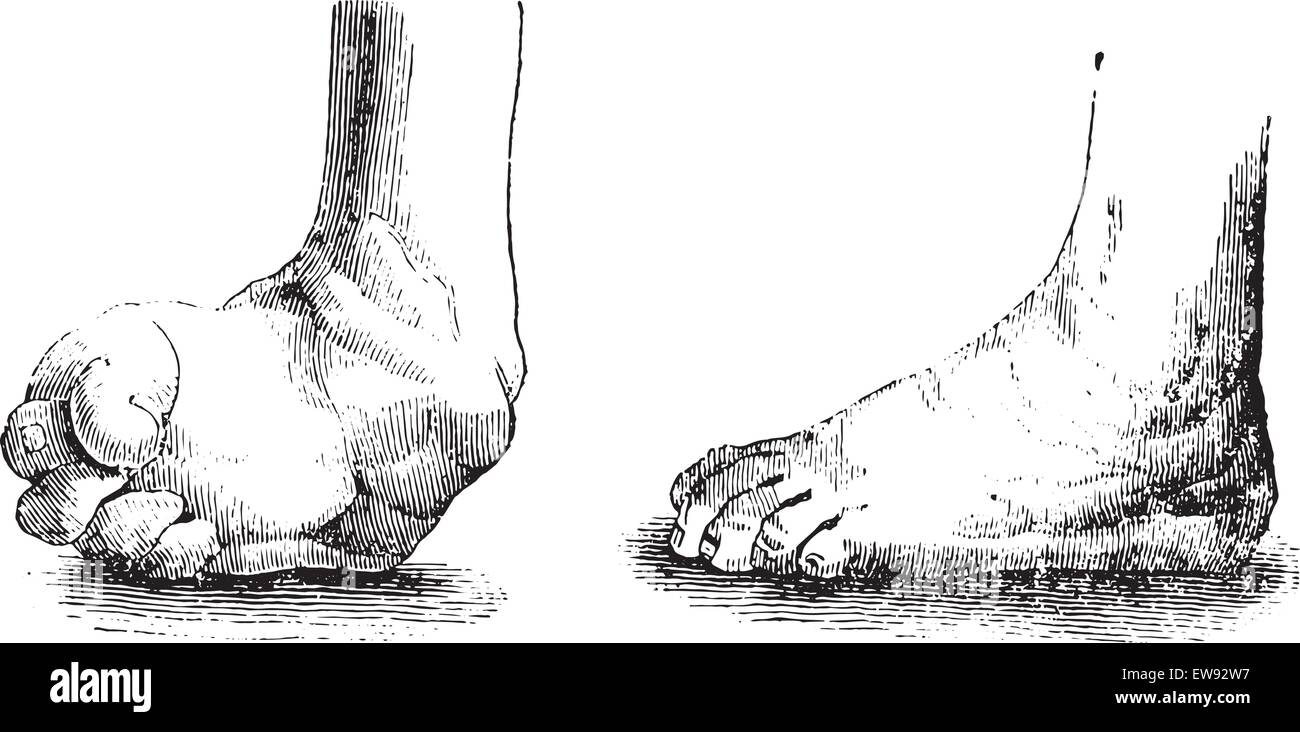



Club Foot High Resolution Stock Photography And Images Alamy




Bad Feet Is It Nature Or Nurture Excerpt From The Essential Hoof Book



Club Foot



Welcome Princess 17 Page 2 Zenyatta Com Forums




28 Club Foot Ideas Club Foot Horse Health Horse Care



0 件のコメント:
コメントを投稿